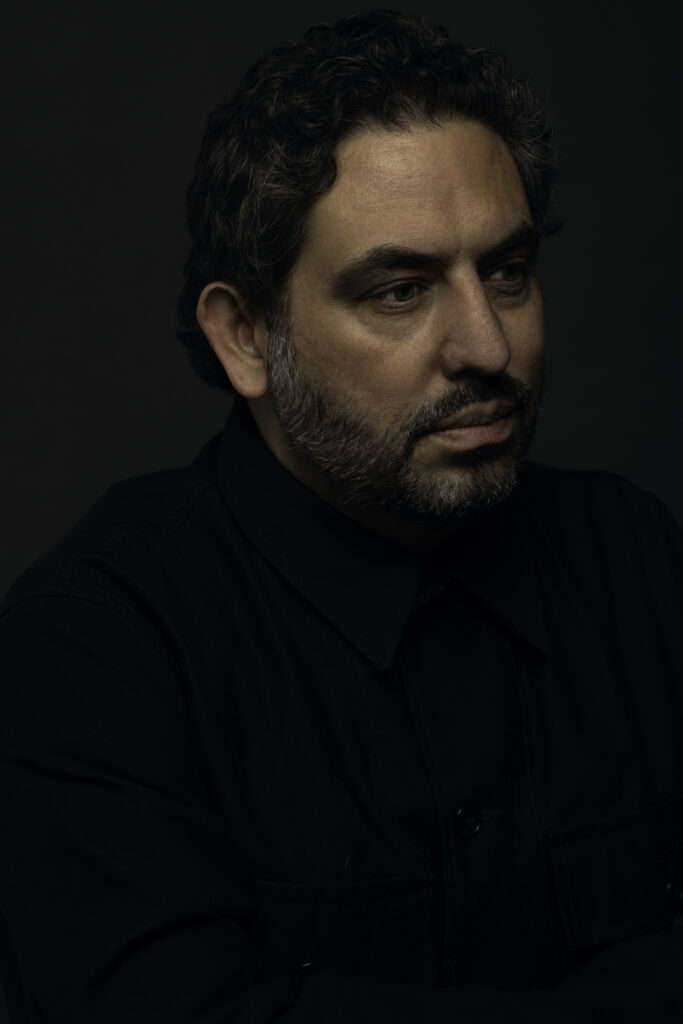[ad_1]
CSI can dominate the popular imagination when it comes to solving crimes. But the reality isn’t just about lasers and high-tech machines, says Bernardo Ruiz, Mexican American documentarian behind movies such as Shadow Realm And Journalist. His most recent project, The Team (The Team) is now available to stream on PBS and follows a team of Nominated for the Nobel Prize Argentinian forensic pathologist investigating human rights violations across the world – with spoons and shovels.
“Collecting evidence is one of the few ways to hold the powerful accountable,” Ruiz told LatinaMedia.Co after The Team filtered At Los Angeles International Film Festival (LALIFF). “It’s about determining what happened and bringing some clarity to the events.” But you don’t bring the person back. The ideal is that people don’t disappear, that people don’t get kidnapped, tortured and murdered. »
Spanning decades, The Team opens in the aftermath of the dirty Argentine war. An American scientist, Dr. Clyde Snow He recruits local anthropology students as the only people brave, or stupid, enough to help him dig mass graves in Argentina. “The team started in 1984. They started digging graves and collecting evidence. And in 1985, some of the most powerful military leaders who had led the dictatorship were…successfully tried,” says Ruiz. “Imagine you’re in your early 20s, you’re working, and all of a sudden you’re helping to bring down some of the most powerful people in your country.”
This experience marks the beginning of a lifelong commitment for many members of the original team. Among them is Mercedes “Mimi” Doretti who, along with his team members, the documentary follows as they strive to uncover the truth behind atrocities committed around the world – from Rowanda to the US-Mexico border, including the Balkans and El Salvador.
Along the way, “El Equipo” spends quite a bit of time chronicling the friendship between Dr. Snow and his students. Ruiz said he wanted to present “a different type of history between the United States and Latin America. It’s a question of solidarity and a kind of close scientific collaboration. Ruiz describes Dr. Snow as “a red citizen, born in Texas, raised in Oklahoma, who didn’t necessarily have progressive politics.” But through his life experiences and this chance meeting with this group of Latin American students, he ended up really changing his worldview. And it really had an impact on his whole life.
And of course, the same thing is true on the other side: “these young Latin American students, Argentinean, but also Guatemalan, saw their trajectories modified by this meeting with Clyde Snow. There is something that I like about this friendly, professional relationship which definitely had its tensions and its differences. They have collaborated for four decades and there is something very unique about that,” Ruiz shares. “It’s a model for a certain type of collaboration and cooperation around human rights that is actually happening.” It’s just not usually highlighted.

To tell this story in The Team, Ruiz spent a decade building relationships with his subjects, confessing: “It’s very difficult to make films about scientists because they’re dry people. Part of their job is to be impartial about the facts and to be credible…(So) it took a long time to get to a point where there was enough trust between us and they would be willing to open up somewhat.
But The Team is not a film about confessions – “it’s about the past, it’s about history, it’s about memory”. To reflect this, Ruiz constructed much of the film through extensive archival research, piecing together fragments to tell the story of the team and the history of their work across time and space.
As for why he’s distributing this film now, Ruiz explains: “The generation of people who were in their teens and twenties when these events took place – the Southern Cone dictatorships of Chile and Argentina – are now between 60 and 70 years old. And it is necessary to memorize and record this story. Furthermore, I would say that there is a threat from the far right, from this rise of fascism, from this sort of pro-authoritarian wave.”
Stories like The Team “There are undoubtedly lessons from the past that speak to this moment.” They remind us of the consequences of unchecked power, our ability to connect and share information despite distance, and how humble work, in this case with spoons and shovels, can dethrone the powerful.
[ad_2]
Source link

